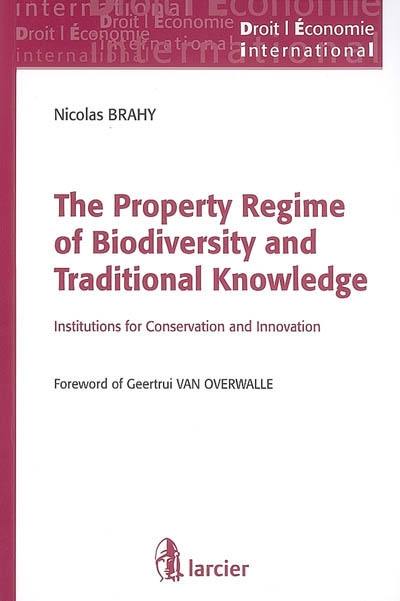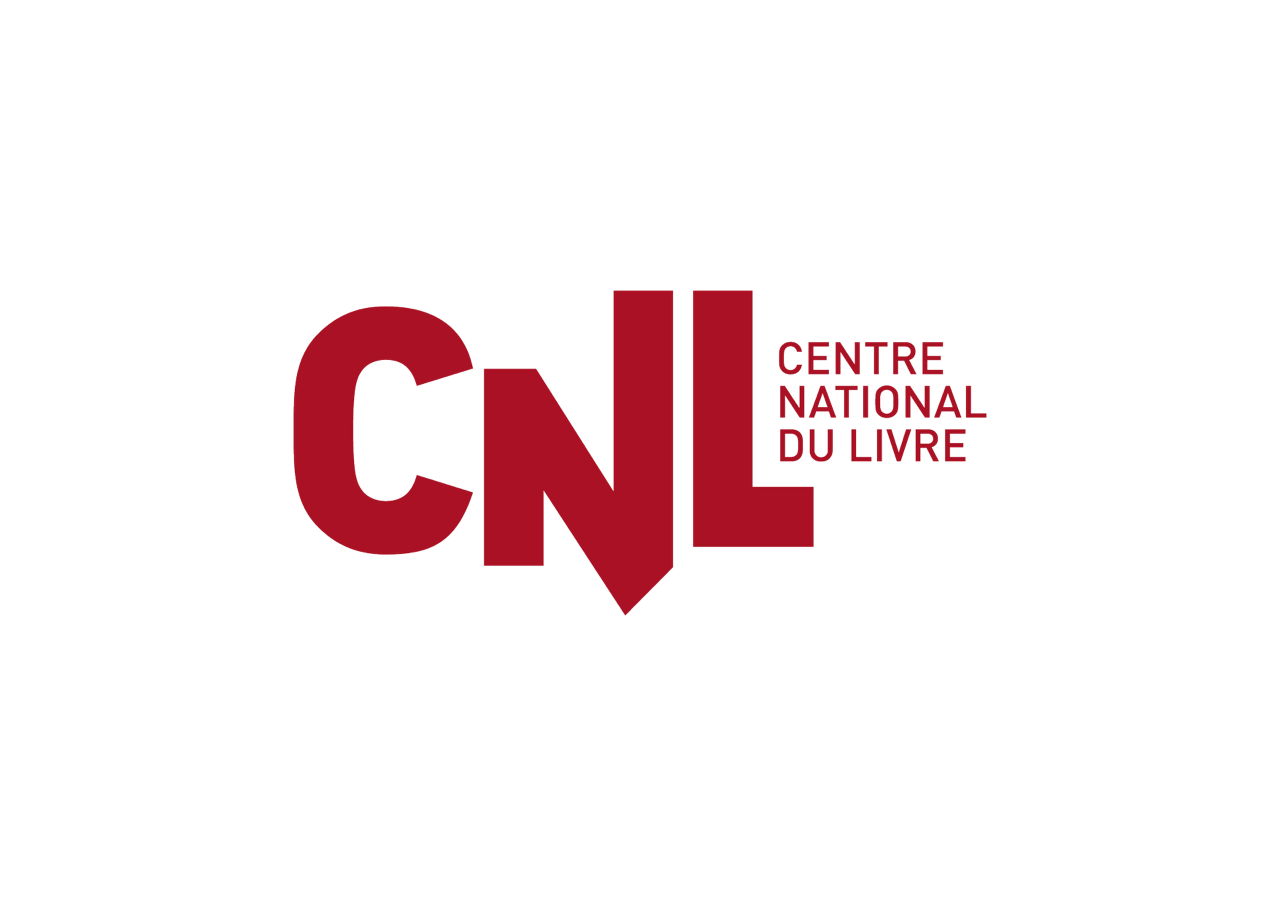
Fiche technique
Format : Broché
Nb de pages : 435 pages
Poids : 720 g
Dimensions : 16cm X 24cm
ISBN : 978-2-8044-2895-2
EAN : 9782804428952
The property regime of biodiversity and traditional knowledge
institutions for conservation and innovation
Quatrième de couverture
The Property Regime of Biodiversity and Traditional Knowledge
How can we simultaneously conserve biodiversity and use its components (genetic resources) to create new medicines and better seeds ?
Signed in 1992, at the Earth Summit in Rio, the Convention on Biological Diversity answers this question by resorting to intellectual property rights on living material with the objective to create a market for genetic resources. Fifteen years later, we cannot but observe that biodiversity keeps eroding and that the proliferation of intellectual property rights hinders research and innovation on new medicines and seeds.
Combining legal, economical and historical approaches, this book explains in simple terms how the Biodiversity Convention came into existence, and how the providing countries and bio-industries (pharmaceutical and seeds industry) are striving to implement it, and why the Convention and its project of a market for genetic resources do not work properly. The book, then, examines new orientations and suggests avenues for solutions.
What makes this book different ? It puts the Convention on Biological Diversity back in the wider context of the organization of both innovation and conservation of nature. This approach highlights what is really at stake :
Financing innovation and conservation : what should be the distribution of tasks between the market and public funding ?
Coordinating the agents of conservation and innovation (providing countries, local communities, universities, firms, etc) : what should be the distribution of tasks between the market and regulation ?






